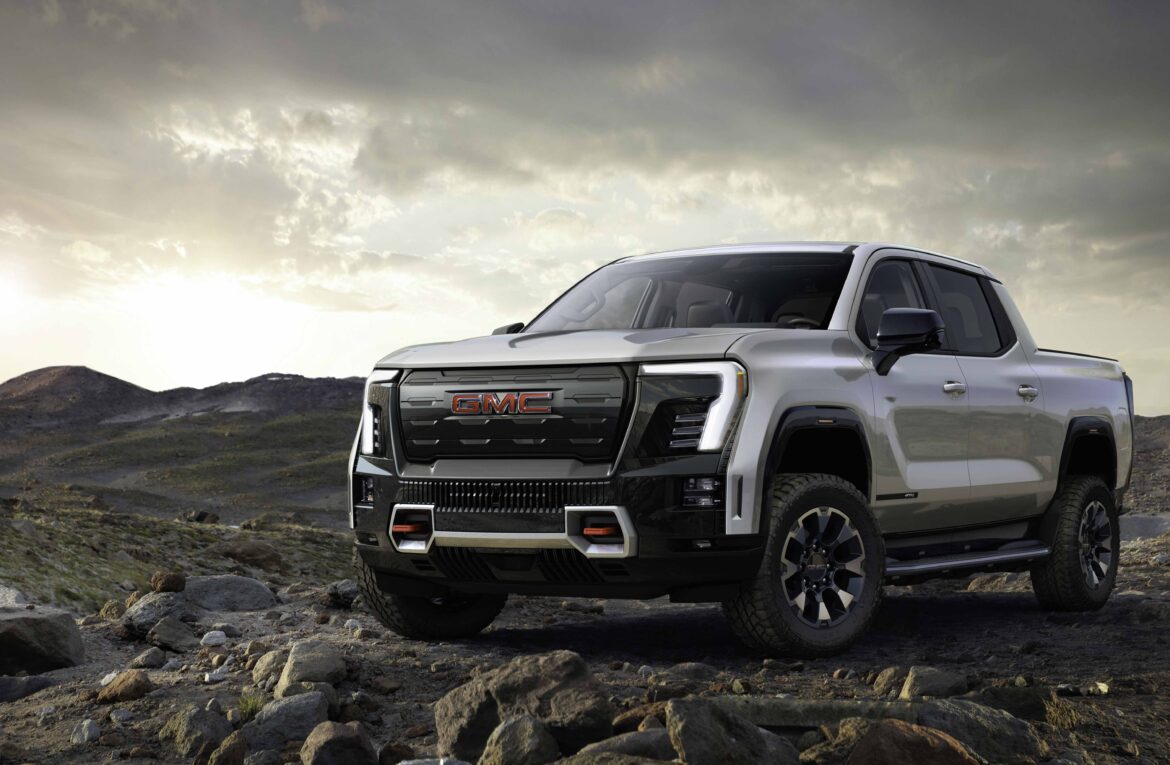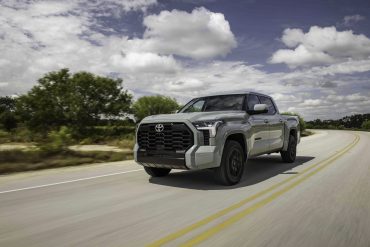Whether you like to admit it or not, electric vehicles are the future. They don’t produce toxic gases like internal combustion engines, they’re almost silent, and prices of new models are coming down in price each year.
Moreover, there will soon come a time when it’s no longer possible to buy brand-new cars with gasoline or diesel engines under the hood.
You’re probably wondering whether you should join the EV revolution today before it becomes almost impossible to buy and even drive cars with internal combustion engines.
But, before you make a decision, it’s worth ruling out the following ten myths that could lead you into making the wrong conclusion about EVs:
1. You Can’t Afford One
One of the great debates about electric cars is how they are significantly more expensive to buy than equivalents with conventional engines. While that might be true in some cases, they aren’t that much more to buy for the majority of models.
Don’t forget that the used car market has ample examples of secondhand EVs that will make electric car ownership more accessible to most people. It’s even possible to get good deals on used Teslas, for instance, if you have your heart set on a Model X!
2. They Aren’t Fast
A popular myth about electric cars is they aren’t fast. As you can appreciate, some EVs are quicker than others, much like how some cars with gas or diesel engines are supercars while others get sold solely with fuel economy in mind.
If you did want to buy a “fast” EV, it does make sense to go on a supercar driving experience if you’ve never driven a high-performance car before. The reason for that is simple: electric motors have very high torque levels compared with most internal combustion engines.
3. There Aren’t Many Local Charging Stations
Gas stations are in abundance across the country. But what happens if you need to charge an electric vehicle? As you know, an EV needs some time for its batteries to charge. Thankfully, it’s easy to incorporate EV charging into your daily routines.
For example, more shopping malls across the country have charging stations, meaning you can grab a coffee or do some shopping while your car gets charged. Plus, more workplaces are getting charging stations installed for their employees to use.
If you can’t find a local charging station, it’s possible to use an ordinary household power socket, and you’re bound to find somewhere like a friend or relative’s home to recharge your EV.
4. Range Is Still An Issue
Range anxiety is likely one of the top reasons for avoiding an upgrade to an EV. However, as with gas and diesel cars, some models offer a better range than others.
If you cover a lot of miles each week, it makes sense to opt for an EV that boasts an impressive range on a full charge.
Remember that most electric cars can receive an 80% charge in just 30 minutes or so, meaning you don’t have to make frequent stops for recharging.
5. You Can’t Find The Right One
When was the last time you checked out the EV market to see what’s available? If it’s been a while, it might surprise you to learn there’s a broad choice of electric car models on the market these days!
Whether you’re looking for a small compact or a large family SUV, you’re bound to find the right EV for your needs. Also, you’ll discover at least one example from all the major vehicle manufacturers, with plenty of new additions to arrive imminently.
6. They Are Dangerous
Let’s face it: any vehicle can be dangerous if it doesn’t get operated or maintained correctly, and EVs are no exception to that fact.
You’ve probably read horror stories about the AutoPilot feature on Tesla cars causing vehicles to crash. But, that doesn’t mean all EVs can have potentially dangerous road collisions – especially when most electric cars don’t have autonomous driving features.
Of course, you also have the power to control your Tesla as you would any other car, therefore diminishing risks from autonomous driving to zero!
7. You Worry About Battery Replacement Costs
Electric cars get their power from a series of battery packs designed specifically for such applications. EV batteries have a limited lifespan, much like any other battery you use in your daily life, and there will come a time when an EV’s batteries need replacement.
While it’s true that electric car batteries aren’t cheap, it’s possible to pay a small monthly fee for EV battery maintenance. When your batteries need replacement, the work gets carried out without any extra charge due to the subscription fees you pay each month.
8. You Can’t Get One For Work
You might think that it’s great that you can easily buy an electric car these days, but what if you need a truck or van for work purposes? Don’t worry, because more electric commercial vehicles are entering the EV market each year!
Examples include the Ford E-Transit Van, Mercedes-Benz eSprinter, and the GMC Hummer EV. Whatever your requirements for work, you won’t find it hard to find a suitable EV to meet your needs.
9. The Resale Value Will Be Low
Are electric vehicles worthless in the secondhand car market? The short answer is no!
When you invest in a new electric car, you’ll be happy to know that the resale value of them on the used vehicle market is strong, meaning you won’t take a big depreciation hit as you might on some cars powered by internal combustion engines.
The EV market is growing and so is the demand for electric cars. But, EVs have not yet overtaken the conventional car market, meaning the resale value for used examples is good.
10. They Aren’t As Reliable As Conventional Cars
Lastly, it’s worth noting that electric vehicles are highly reliable due to their complex wiring and motors. That’s because EV manufacturers invest billions of dollars to create models that work tirelessly and are typically more reliable than conventional cars.


